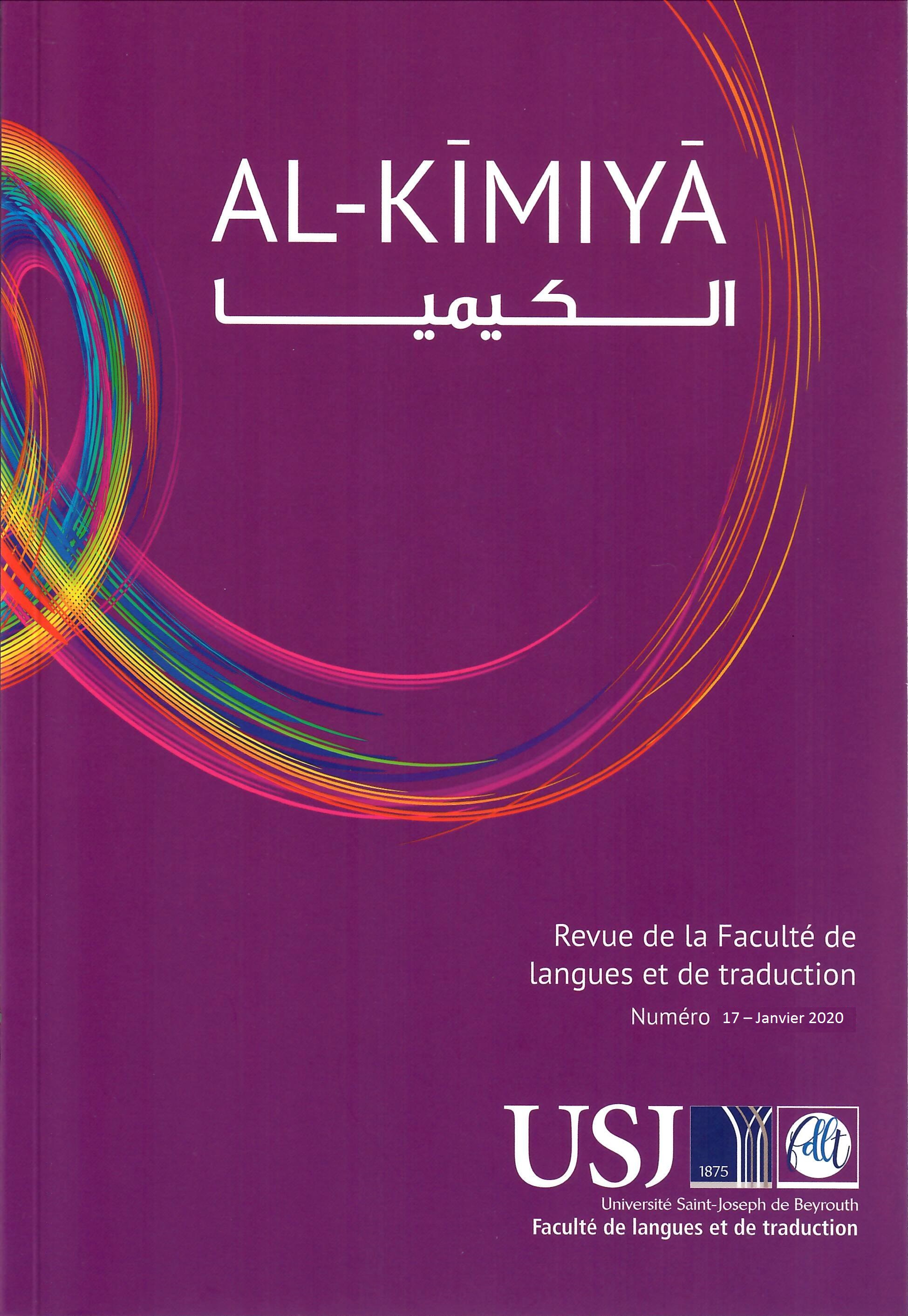Résumé
Le romancier américain Sinclair Lewis publie en 1935 It Can’t Happen Here, une œuvre de politique-fiction ; Raymond Queneau publie deux ans après la traduction française sous le titre Impossible ici. Le texte source nous présente un here américain imaginé tandis que l’imaginaire que nous livre le traducteur se rapproche d’un monde xénophobe et raciste qui était sur le point de se réaliser : l’ici de l’Europe d’avant-guerre. Selon l’esprit cibliste, le lecteur de la traduction française bénéficie de l’expérience de terrain du traductographe. Mais friand parfois des traductions sourcières, ce même lecteur peut aussi regretter l’atténuation de la langue-culture car il aime aussi l’altérité. S’agit-il d’une prise de position philosophique ou d’une position purement pragmatique ? Cette réflexion sur la traduction de ce roman confrontera les deux imaginaires.

